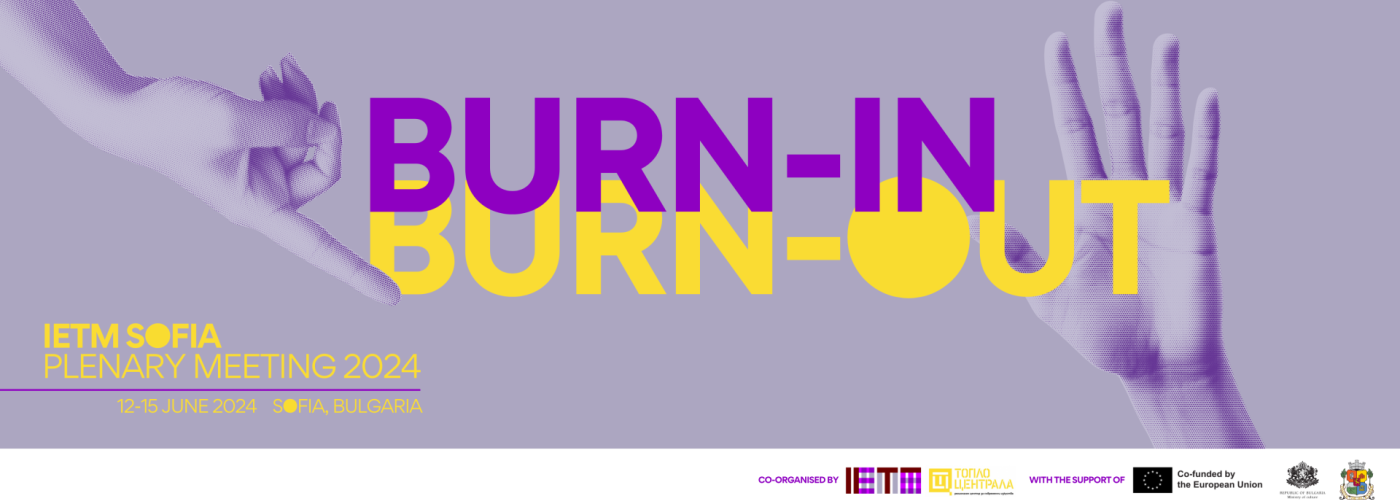| 16:00-17:00 | 19 |
| 11:00-12:30 | 19 |
|
| 11:15-12:45 | 19 |
|
| 14:00-15:30 | 19 |
|
| 15:30-17:00 | 19 |
|
| 15:45-17:15 | 19 |
| 10:00-10:50 | 19 |
|
| 11:00-13:00 | 19 |
|
| 11:30-13:30 | 19 |

